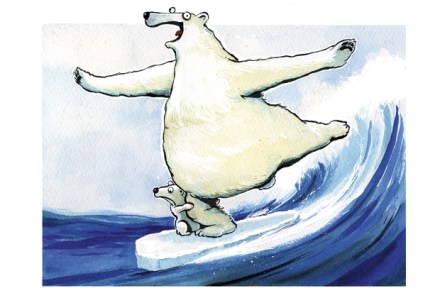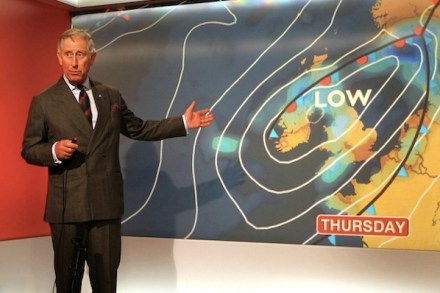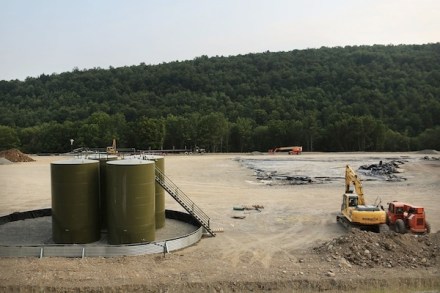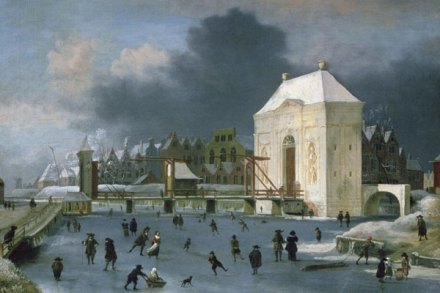Why climate change is good for the world
Climate change has done more good than harm so far and is likely to continue doing so for most of this century. This is not some barmy, right-wing fantasy; it is the consensus of expert opinion. Yet almost nobody seems to know this. Whenever I make the point in public, I am told by those who are paid to insult anybody who departs from climate alarm that I have got it embarrassingly wrong, don’t know what I am talking about, must be referring to Britain only, rather than the world as a whole, and so forth. At first, I thought this was just their usual bluster. But then I realised


















